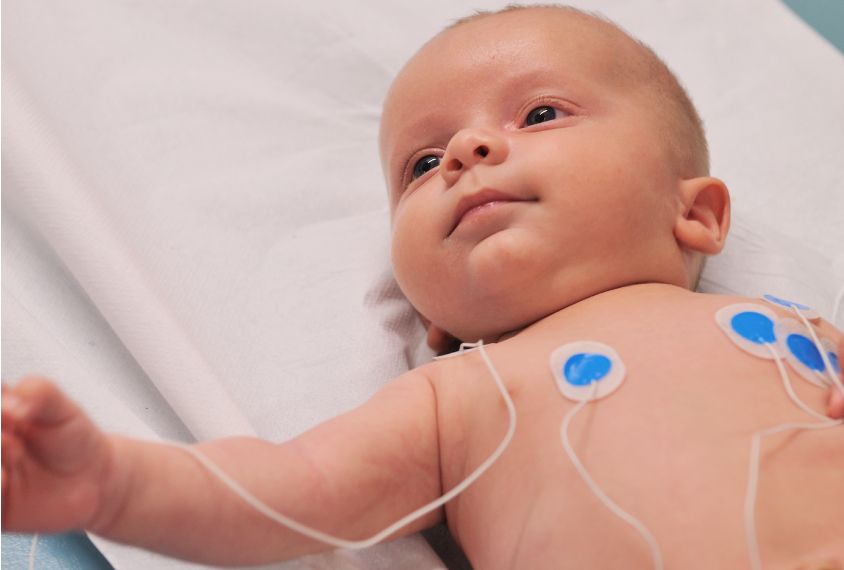Having a muted RSA and an elevated resting heart rate reflects a heightened state of arousal, which is an appropriate response to danger, says Amy Vaughan Van Hecke, associate professor of psychology at Marquette University in Milwaukee, Wisconsin, who was not involved in the study.
The part of the nervous system that regulates heart rate and breathing is involved in autism, a new study suggests.
Specifically, the changes in heart rate that ordinarily accompany breathing are slow to develop in autistic children.
Heart rate usually speeds up slightly as a person inhales and slows as she exhales. These fluctuations, known as respiratory sinus arrhythmia (RSA), serve as a proxy for the activity of the autonomic nervous system, which regulates heart rate and breathing, among other functions. The fluctuations are also important for regulating emotions and attending to social cues.
